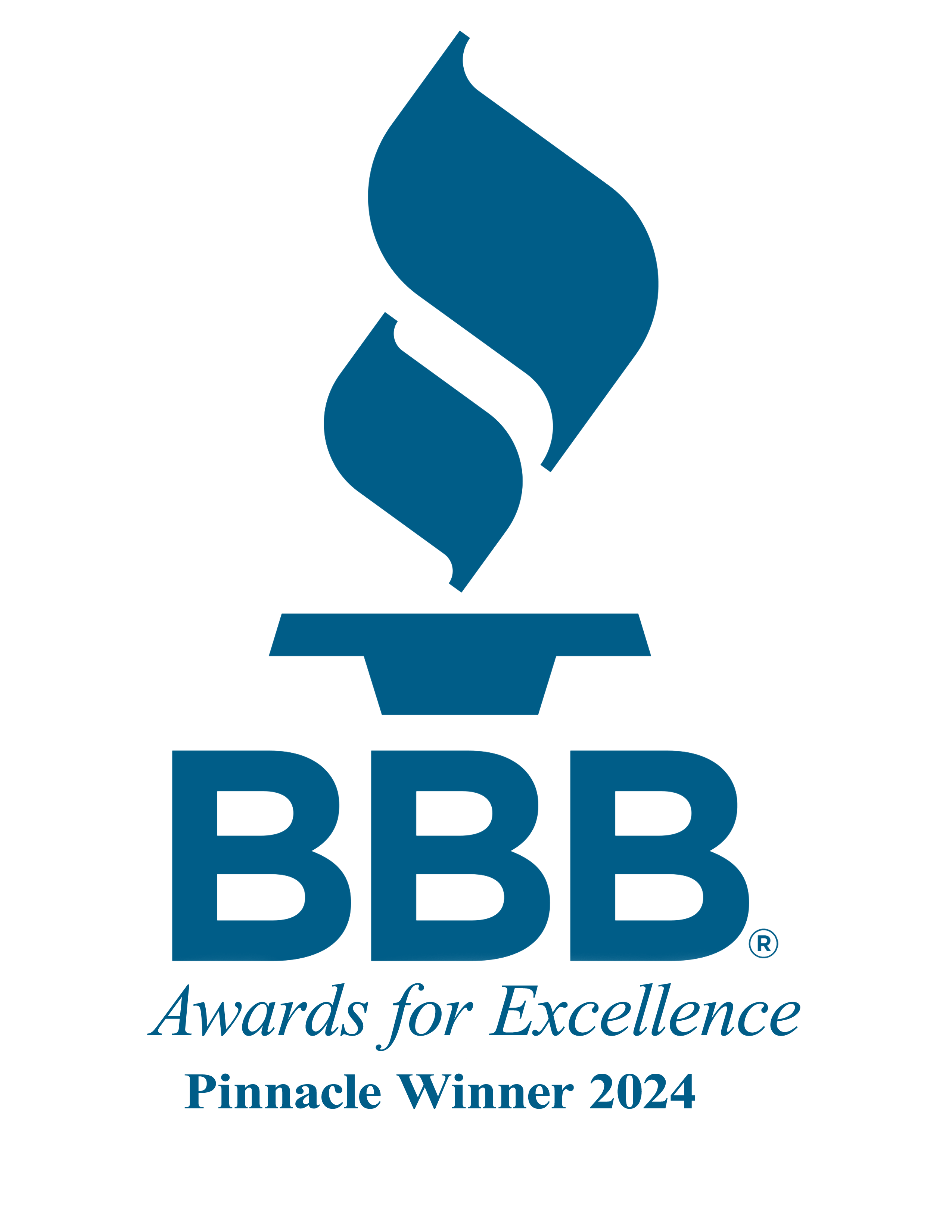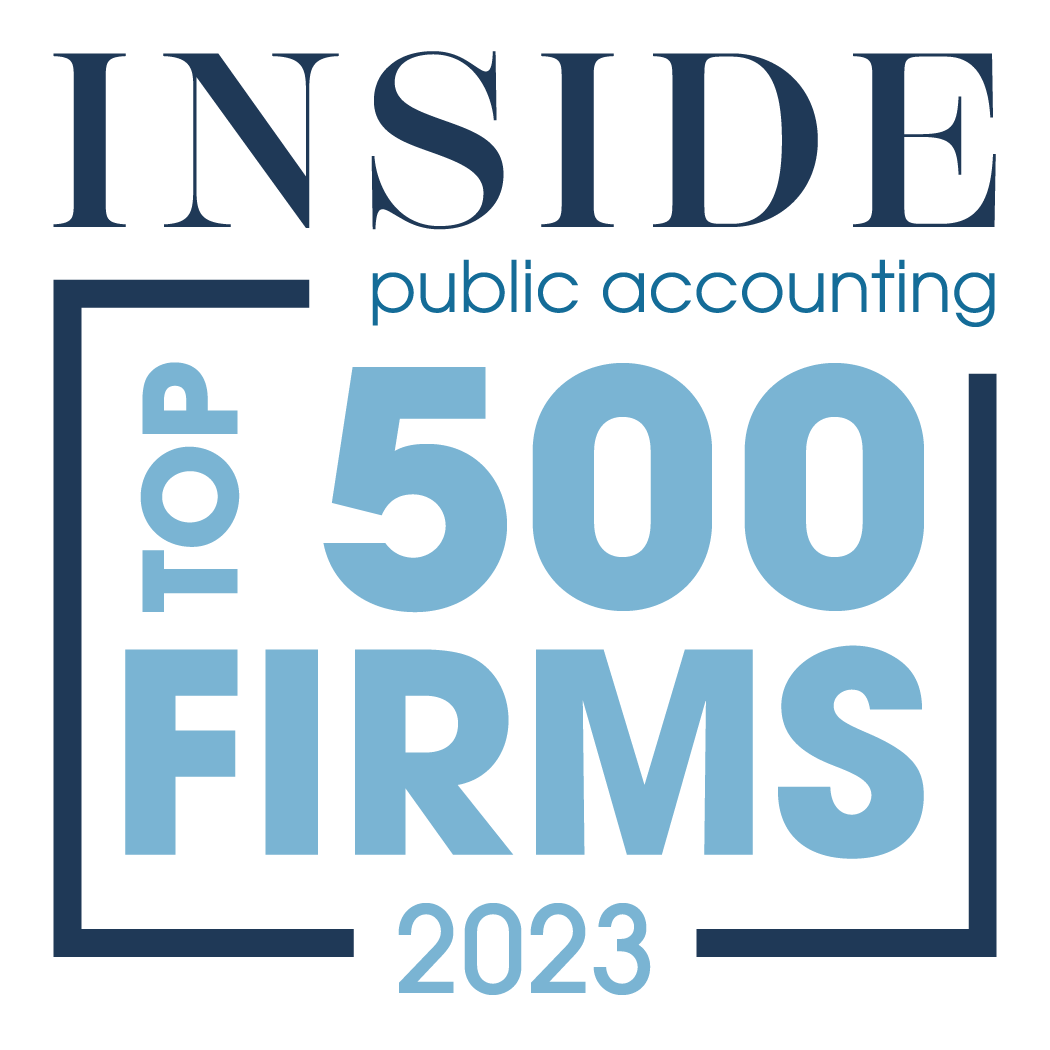Top 10 Small Business Industries to Start in 2018
You’re a born entrepreneur. You’re independent and have had success in your current position, yet you want more as you want to be your own boss and make a profit. However, many would-be business owners have difficulty deciding on an industry in which they feel they would thrive.
Luckily, finding that perfect idea is easier in 2018 as the economy is thriving. Find your inspiration among these thriving industries that have the potential to be profitable many years into the future.
1. Disaster Relief
A spate of devastating hurricanes and other natural disasters over the lat 15 years has increased the demand for such services. This industry isn’t limited, however, to large natural disasters, mitigation for water, fire and mold damage is also in high demand. Revenue for this industry is expected to increase to $11.2 billion in 2022 from $10.1 billion in 2017.
2. Elder Care
As baby boomers age, so will the need for services aimed at this demographic. Ninety percent of baby boomers indicate they want to continue living in their own homes, which will create a wealth of opportunity for businesses that serve seniors. Consider “on the go” services that travel to senior to help them. From driving and delivery, cleaning, catering, pet care, home care and much more, the market is ripe for offering services that go beyond helping seniors bathe and dress themselves.
3. Child-Oriented Businesses
At the other end of the spectrum are services related to children. Parents are spending more on their families as school budgets dwindle. Specific areas include quality preschool education, art classes and events, tutoring in ready, math and English and fitness/sports instruction, such as lessons for tennis, swimming or golf.
4. Virtual Reality
Virtual reality computing (VR) I about to make a huge leap forward in immersing the user in a realistic sensory experience. According to Statista, the worldwide VR market is expected to surpass $40 billion by 2020. Potential uses go beyond 3D movies and include markets such as real estate marketing, team-building exercises, social media interaction, training and meditation.
5. eCommerce
Walk through almost any shopping mall in a developed country and you’ll see empty stores. People are shopping, but they are doing so online. Platforms such as Amazon, eBay and Etsy make it easy to sell online or go your own route and set up a website. Finding a niche that needs servicing can make your venture more successful
6. Corporate Wellness
Business have realized that investing in employee health saves millions in lost productivity and missed workdays. More than 70% of employers now offer some type of wellness programs, up from 58% in 2008. Many businesses hire outside firms to provide services such as massage, yoga, meditation, fitness coaching and more as well as managing these services.
7. Alternative Foods
Alternative-protein foods such a veggie burgers and gluten-free products are hot items. Technology has recently improved the taste of these products, increasing their demand even more. For gluten-free, there is a built-in market of individuals suffering from Celiac disease, while alternative protein sources are attractive to vegans as well as those who are trying to eat healthier. The market for alternative protein foods is expected to grow 6.8% by the year 2022.
8. Renovation
This one comes with a caveat: you must have a background in building construction. Ask anyone who wants a kitchen or bathroom renovation about the trouble they have finding a reputable contractor. Putting your knowledge to work as a general contractor who can pull together reputable architects, interior designers and tradespeople to help customers realize their dream home can result in considerable profits.
9. Green Living
Building materials and practices that reduce pollution and waste continue to gain traction. This industry includes sales, service and installation of solar panels as well as tiny home living and off-grid living. Sustainable building materials are currently a $36.1 billion industry and are expected to grow by 10.6% annually through 2020.
10. Facilities Support
Facilities services is a catch-all term encompassing a full range of services for business that include cleaning, security, building, maintenance, painting, moving, etc. The industry is expected to grow by 30% through 2026.
DRDA Can Help You With Establishing Your New Business
You don’t have to go it alone. DRDA specializes in creative solutions to help entrepreneurs finance new businesses. Our exclusive BORSAtm (Business Owner’s Retirement Savings Account) allows you to use retirement savings to fund a new business without incurring penalties or excess taxes. We can also handle all the normal activities that you expect from a certified public accounting company. Contact us today for more information.
- Published in ROBS 401(k), Small Business
How to Use Retirement Funds, Tax and Penalty Free, to Purchase a Business
For most entrepreneurs, the most difficult part of starting a business is not coming up with an idea but financing the start-up. Over the past few years, many lenders have tightened their requirements for small business loans, leaving some would-be owners out in the cold. Another option is available, namely using your retirement funds to finance a business startup or providing the equity lenders need to make a loan.
In most instances using retirement funds will incur taxes and penalties, however there are three ways in which you can avoid both:
- Using a Roth IRA if you are over age 59 and the Roth IRA has been open at least five years
- 401(k) Loan Option
- Using a BORSA plan also known as Rollover on Business Startup Solution (ROBS)
Roth IRA
Taking a Roth IRA distribution may not be the most efficient way to fund a business, but it does have a potential advantage as it could help avoid taxes on the gain from the money used.
401(k) Loan Option
Some 401(k) plans allow you to borrow against your retirements account. This feature works well only if a small amount of money to start a business is required. Plans with this option allow participants to borrow the lesser of $50,000 or 50% of the vested value of your plan assets. The loan must be fully repaid within five years, via payments that are at least quarterly, at market interest rates.
ROBS
ROBS is the most flexible way to fund a fledgling business. To understand this structure you have to understand provisions of the Employee Retirement Income Security Act (ERISA) and the Internal Revenue Code (IRC). The plan should be approved by both the Department of Labor (DOL) and the Internal Revenue Service (IRS). This approval comes in the form of a Favorable Determination Letter from the IRS.
This method is a great way to fund a business, especially if more than $50,000 in a qualifying retirement account is available. If less than $50,000 is available, taking a loan against the investment may be a better option. ROBS may be used for business acquisition, working capital or as a down payment for additional financing. If you meet the criteria, it is usually the most cost-effective method, plus there is no requirement to repay the money especially in those early years of operation.
Setting up a ROBS involves rolling over a pre-tax IRA or 401(k) plan account into a new 401 (k) sponsored by a “C” Corporation. The rollover funds are then invested into the stock of the “C” Corporation. The account holder can then earn a reasonable salary as an employee of the business.
Starting or buying a new business is complicated. Using your retirement money to fund a business is a viable option but also adds a layer of complexity that you need to understand. Your best plan of action before you do anything is to consult with someone who understands the pros and cons of each of these options. DRDA, PLLC – CPAs has provided these services to thousands of entrepreneurs and we would be happy to discuss this option and help you determine what method works best for you. Contact us to learn more about BORSA (Business Owner’s Retirement Savings Account), our exclusive ROBS plan that allows investors to access their 401(k) funds tax and penalty free.
- Published in ROBS 401(k), ROBS 401k Provider, Starting a Business
How to Finance a Business with an SBA loan and Retirement Funds
Entrepreneurs seeking to finance a startup company often look to the Small Business Administration (SBA) for the funding they need to get their company up and running. One of the most beneficial ways to get the funds needed is to use a 401(k) financing, also called a Rollover on Business Startup (ROBS), in conjunction with an SBA loan. The ROBS process allows the borrower to leverage retirement funds without incurring any tax or penalties. SBA loans and ROBS have advantages as stand-alone instruments but when they work in conjunction with one another, they can provide even greater buying power and flexibility
Advantages of SBA Loans
The SBA generally does not make direct loans to entrepreneurs. Rather, it provides a guarantee to lenders for the money they loan to start the business. This guarantee protects lenders by promising to pay the loan if the business owner defaults. SBA loans are a popular form of financing because the interest rate is lower, typically 6% to 9% and offer longer repayment terms than other forms of financing. These loans do have qualification criteria starting with a required credit score of at least 680 along with a strong financial and industry experience history.
The SBA requires would-be business owners to have a minimum 10% down payment on all SBA loans, however, many lenders providing SBA loans may require a down payment of 20-30% of total startup coasts. For an average size loan, the down payment will be between $40,000 to $120,000.
How ROBS Helps to Secure an SBA Loan
ROBS allows entrepreneurs to use retirement funds to start or buy a business with money that has been invested in a 401(k), IRA or other qualified account as a down payment for an SBA loan without triggering any tax penalties. Using a ROBS account to fund your down payment also makes it easier to qualify for an SBA loan As long as you have at least $50,000 in a retirement account that can be rolled over in a ROBS account you may qualify for this type of funding.
When you combine a ROB account with an SBA loan, you’ll access capital from two different sources, thus reducing the amount needed from each. You’ll save money on interest and reduce your monthly payment. Securing a loan with ROBS can allow you to become debt-free sooner, putting you on the road to profitability.
Make ROBS Management Easy With Our BORSA Plan
Funding your business with a ROBS account requires several necessary steps, including the establishment of a “C” Corporation. Ongoing management is also necessary to ensure that you remain in compliance with all regulations (i.e. DOL, IRS, etc.). DRDA’s BORSA (Business Owner’s Retirement Savings Account), an exclusive ROBS plan that allows investors to access their 401(k) tax and penalty free will help set up your financing and perform the necessary ongoing work to make sure you remain in compliance with all ROBS requirements. Contact DRDA for more information and a consultation.
Contact us to learn more about BORSA (Business Owner’s Retirement Savings Account), our exclusive ROBS plan that allows investors to access their 401(k) tax and penalty free.
- Published in ROBS 401(k), ROBS 401k Provider, Starting a Business









